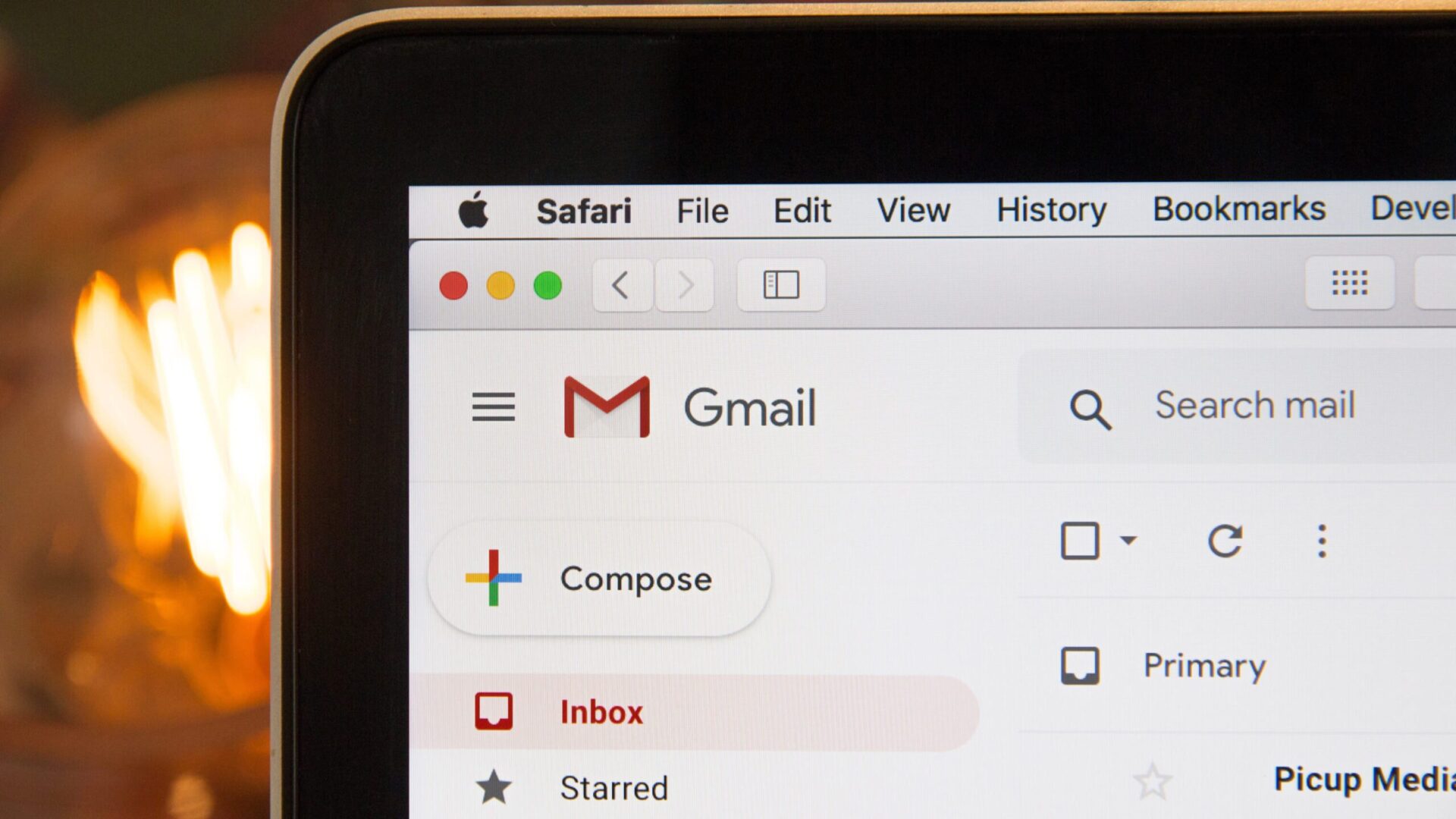Emails have always been an important medium in business communications. Internally, they are used in teams and projects. Meanwhile, they are used externally to engage with prospects, turn them into leads, and eventually, delighted clients. With all these at stake when sending emails, you get why it is important to get on top of your game. By the end of this article, you will learn to avoid 5 commonly used words in business emails and how you could instead, write professional messages that get results.
Writing is NOT All About Grammar
Initially, you might think that emails are simply about the language. You already have a good grasp of English, so what else is there to learn? In truth, communication—emails included—is not all about grammar. At its core, it is about sending your message across and getting an intended result.
What result? Most of us think that we do not have a goal in mind as we write emails. Remember that update your boss was asking about the project that you are heading? One of your goals is to convince him that things are running smoothly with your leadership. If it isn’t, another goal might be to get more resources—team members, budget, or time—for the project. Regardless of the context of your email, you should always write with a result in mind.
3C’s of Email Communication
Once you’ve mastered how to write professional emails, you get results; plain and simple. These results can be categorized into 3C’s.
The first one stands for Convey. Effective email communication lets you convey your ideas accurately to your recipient. No ambiguities, no unclearness.
The second C stands for Convert. Powerful email writing allows you to move leads along through your funnels. Sandler, a famous Sales methodology, makes use of emails to negotiate, convince, and win clients.
Lastly, getting ahold of your emails lets you Connect with customers and bring them delight. Proper messaging throughout their buying journey, may even turn them into advocates who will promote your brand to their network.
Ready to Write Professional Emails? Avoid These 5 Words
Now we’re ready to get down to business. Be wary of using these words and write emails that get results.
1. “To Whom It May Concern”
This is technically a phrase, but avoid generic salutations when writing emails. Make it personal by adding your recipient’s name or surname.
If you’re sending cold emails, do your research and find out who you should be speaking with. Trust us—it matters.
2. Hifalutin Words
Avoid long phrases and technical terms that have simpler substitutes. For example, rather than saying “gratuitous,” use “free.”
Not everyone has the time to read long and winding emails, so keep it short and simple.
3. Negative Words (No, Not, Never)
Especially when talking to external parties, avoid using negative words. Body language, which contributes to a huge percentage of communication, is lost in emails. Using these words may then come out as dissenting to clients.
Instead of saying, “Please do not reply to this message,” try “For any concerns, you may reach out to us through the following channels.” It makes a whole lot of difference and may even change your customers’ perception of your company.
4. Cheap
Using “cheap” in your emails, well, sounds cheap. If you are trying to illustrate the value of what you are selling, try focusing instead on how it solves your clients’ pain points. Now, great value is never cheap.
5. Guaranteed, Instant, Win
Marketers often flower their messaging with impactful yet equally doubtful words. I’m sure you have received countless spam emails filled with words like these three above.
Steer clear of using these spammy words. Here’s a good rule: If you’re not 100% sure, avoid saying it.
That’s it—you’re now one step closer to knowing how to write more professional emails. The next part is all on you. Moving forward, write emails with a goal in mind and avoid these 5 common mistakes.
Go be on top of your email game!

Leave a Reply